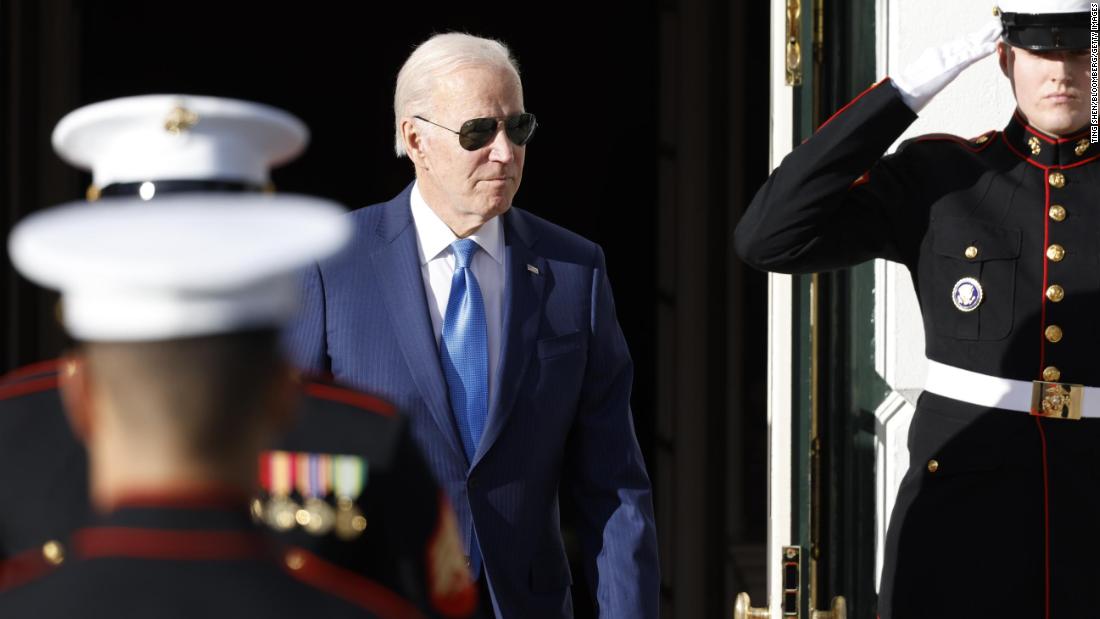Voters Send ‘Go-Slow’ Message on Police Reform
A proposal to replace the Minneapolis police with a department of public safety was soundly defeated by voters Tuesday, while Austin rejected additional spending on its police force. The two results bracketed a national mood of concern over rising crime with cautious support for change in policing.

Voters on Tuesday delivered a go-slow message on justice reforms in the face of concerns about rising crime.
In Minneapolis, a ballot measure that would have replaced the police department in the city charter with a new department of public safety was soundly defeated by a 56 percent to 44 percent margin, reports the Wall Street Journal.
But voters in the Texas capital of Austin balked at putting more cops on the street, according to the Courthouse News Service. Advocates called the vote a signal that support for police was tempered by concerns about how police did their jobs.
While progressive prosecutor Larry Krasner handily won his bid for re-election in Philadelphia, voters in the conservative suburbs of Long Island elected tough-on-crime candidates who opposed New York State’s new bail reform law.
Speaking about Austin’s vote, Chas Moore, executive director and founder of the Austin Justice Coalition, said “I don’t think the city is saying they hate the police, I believe people… said we deserve something better.”
In more than a dozen cities across the country, sharp ideological divisions have been revealed among voters who have either rallied around candidates who vowed to get tough on crime, despite the contentious debate around policing, approved measures to staunch ongoing unrest and violence, or voted for mayors who represented historic firsts, reports the Washington Post.
New York elected Eric Adams as the second Black mayor in the city’s history who, as a former police captain, vowed to fight crime. Boston elected Michelle Wu, the city’s first Asian American mayor, while voters in Pittsburgh elected Ed Gainey, that city’s first Black mayor. In Cleveland, Justin Bibb, a Black 34-year-old nonprofit executive, became the city’s second-youngest mayor.
In Miami Beach, voters passed a measure banning the sale of alcohol at bars and nightclubs after 2 a.m., which the mayor says is needed to regain control of the city after a tumultuous year of unruly behavior and gun violence. The focus on public safety in many city elections comes as large U.S. cities experienced a 30 percent jump in killings in 2020, the biggest one-year increase since the federal government began compiling national figures in the 1960s. In many cities, the number of homicides continued to rise this year.
In Minneapolis, long regarded as ”ground zero” for the police defunding movement since the killing of George Floyd a year ago, advocates of reform wanted to create an Office of Violence Prevention that would strengthen nonlaw enforcement responses to mental health and subsistence issues.
But the proposal ran up against worries that fewer officers were available on the streets sat a time when homicides were rising.
Minneapolis leaders now face the challenge of filling staffing shortages in a Police Department that is about a third smaller than it was before the killing of George Floyd, which prompted initial calls for reform, and at a time when the city is facing the most homicides since the mid-1990s, The New York Times reports.
Nevertheless, even though voters were bitterly divided over the charter amendment, the city has been largely united in the view that meaningful reforms to policing are needed.
The Austin proposition would have required the city to have a minimum of two sworn officers for every 1,000 Austin residents, added 40 additional hours of annual training for police, and raised compensation for officers that speak more than one language or are recognized for good conduct.
Voters made clear they supported police reforms even though the details remained unclear.
“This election reaffirms our community’s belief that public safety for all requires a comprehensive system that includes properly staffing our police, but also our fire, EMS, and mental health responses as well,” wrote Austin Mayor Steve Adler.
Texas voters also approved propositions that will reshape judicial elections in the state. Proposition 4 changes the eligibility requirements of candidates running for a judgeship. All candidates will be required to be a resident of the state, and the measure also mandates a minimum number of years required for individuals to run for specific positions on the bench.
Proposition 5 amends the state Constitution to allow the State Commission on Judicial Conduct to now investigate candidates running for judgeships for judicial misconduct as opposed to solely those occupying the bench.
Similar amendments received the nod in other states,
‘In one of the most definitive go-slow messages of the night, Republican candidates for district attorney in both Nassau and Suffolk counties on Long Idland, garnered landslide victories in races that had been turned into a referendum New York’s controversial bail reform law.
In Nassau, career local prosecutor Anne Donnelly upset Democratic state Sen. Todd Kaminsky, a former federal prosecutor, who voted for the 2019 law that eliminated cash bail for defendants accused of many misdemeanor and “non-violent” felony crimes, the New York Post reported.
In Suffolk County, Republican Ray Tierney trounced Democratic incumbent District Attorney Tim Sini with 145,933 votes or 57 percent to 109,060 votes or 43 percent. Bail reform was also a burning issue in that race.
In New York City, Eric Adams handily won election as mayor—a result that was expected since he emerged the winner in the Democratic primary elections.
The New York primaries were an early indication of voters’ go-slow mood towards reform. Adams, a former New York Police Department officer, campaigned on matching promises to keep the streets safe and make the police more accountable.

 Landwebs
Landwebs 





















